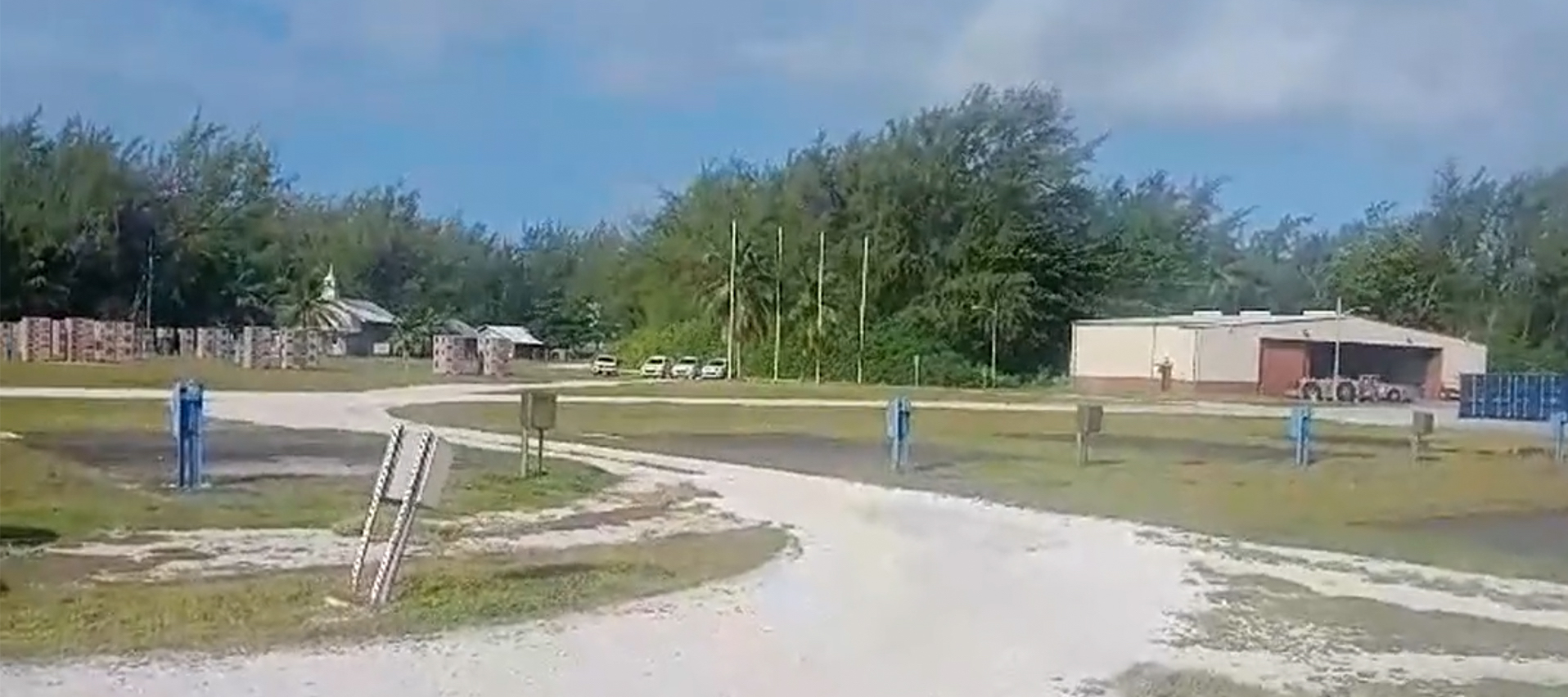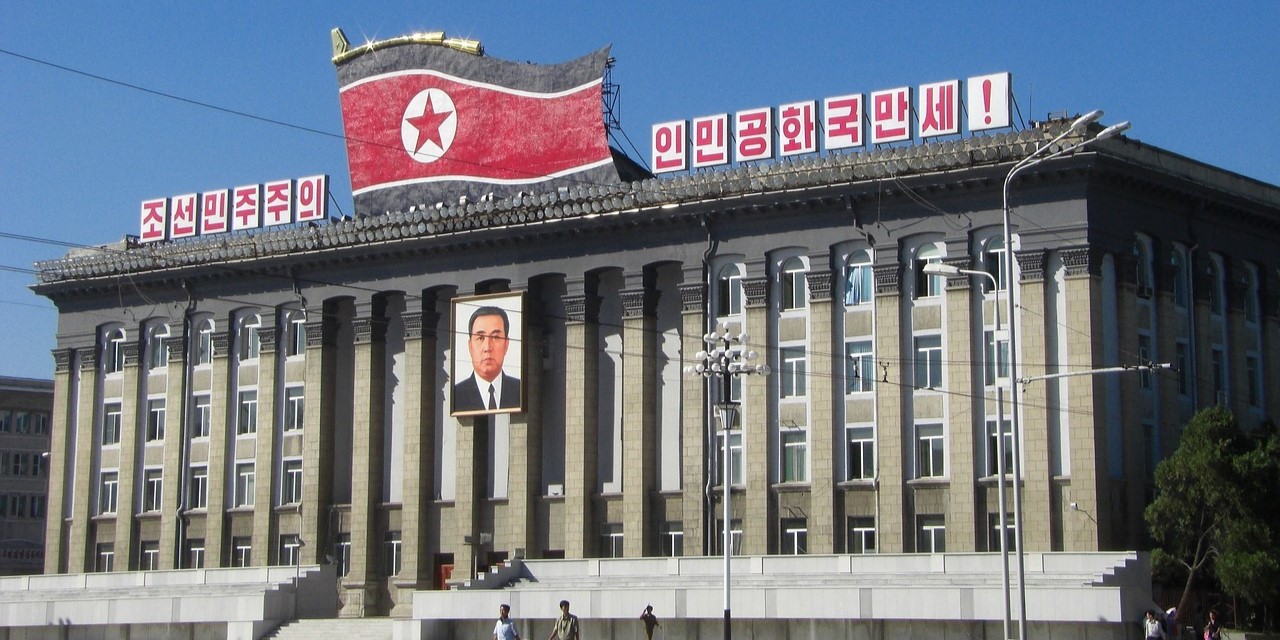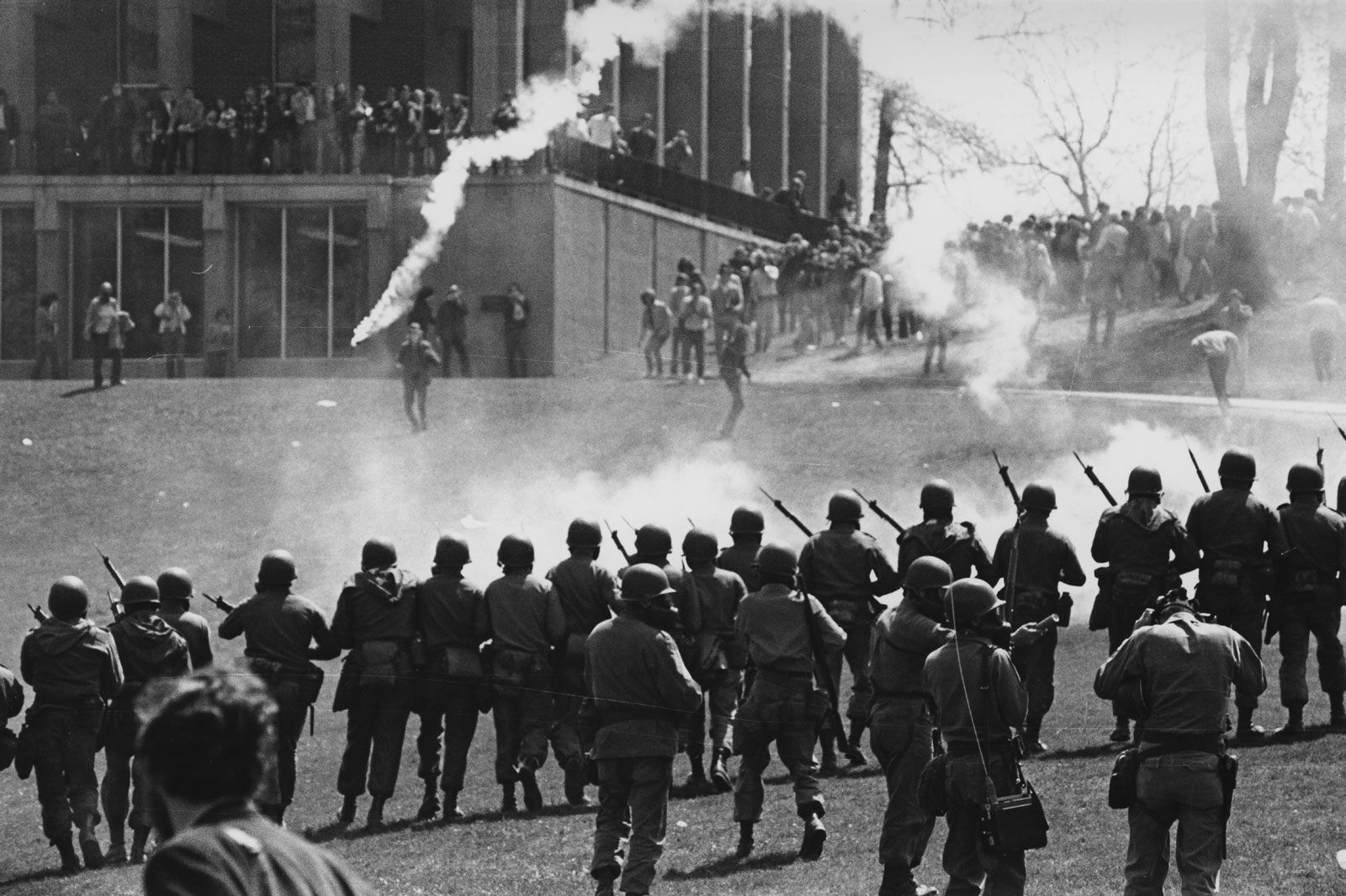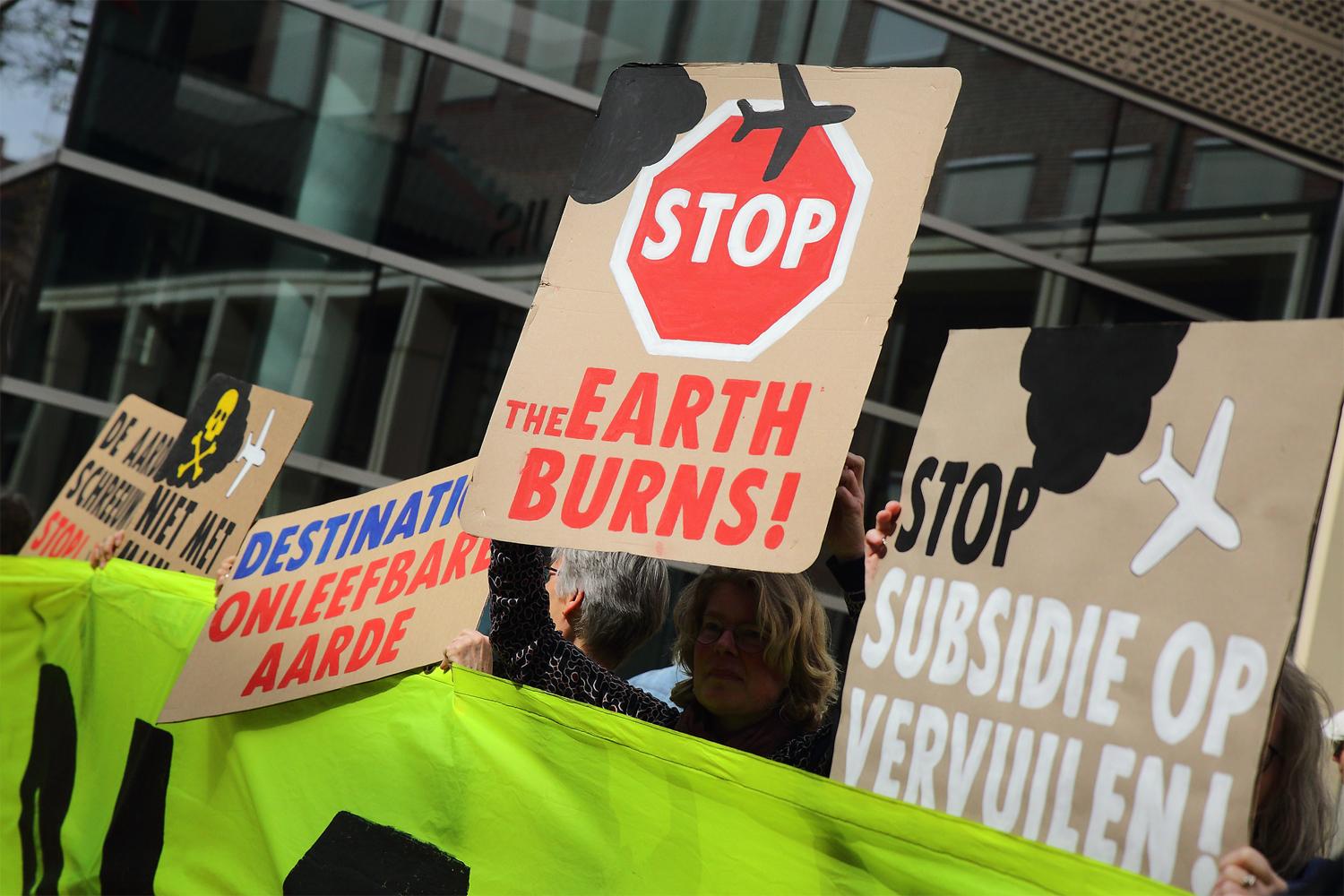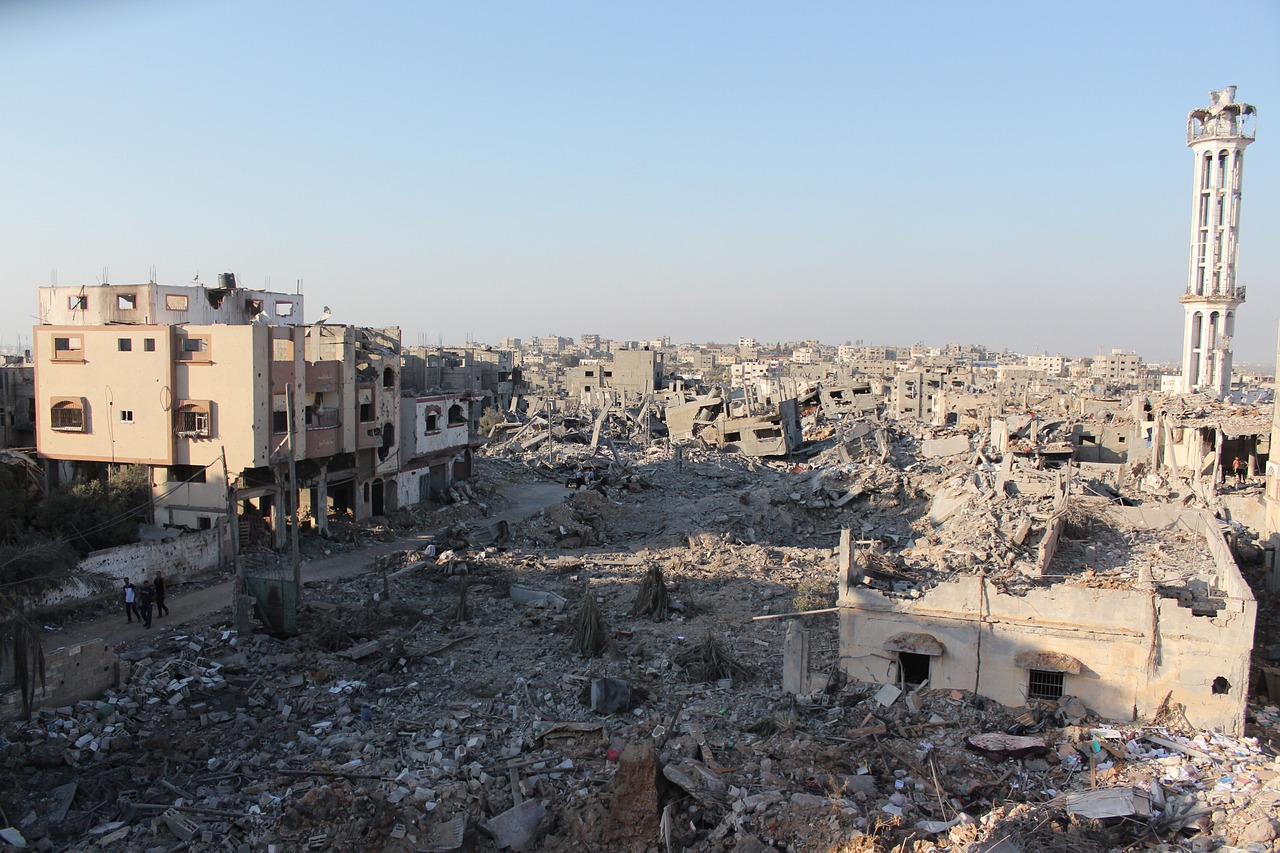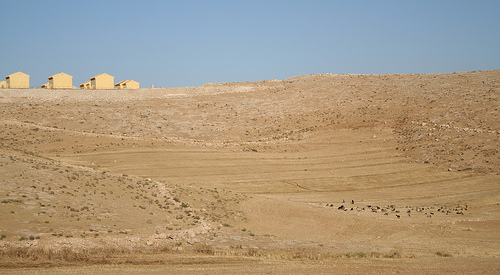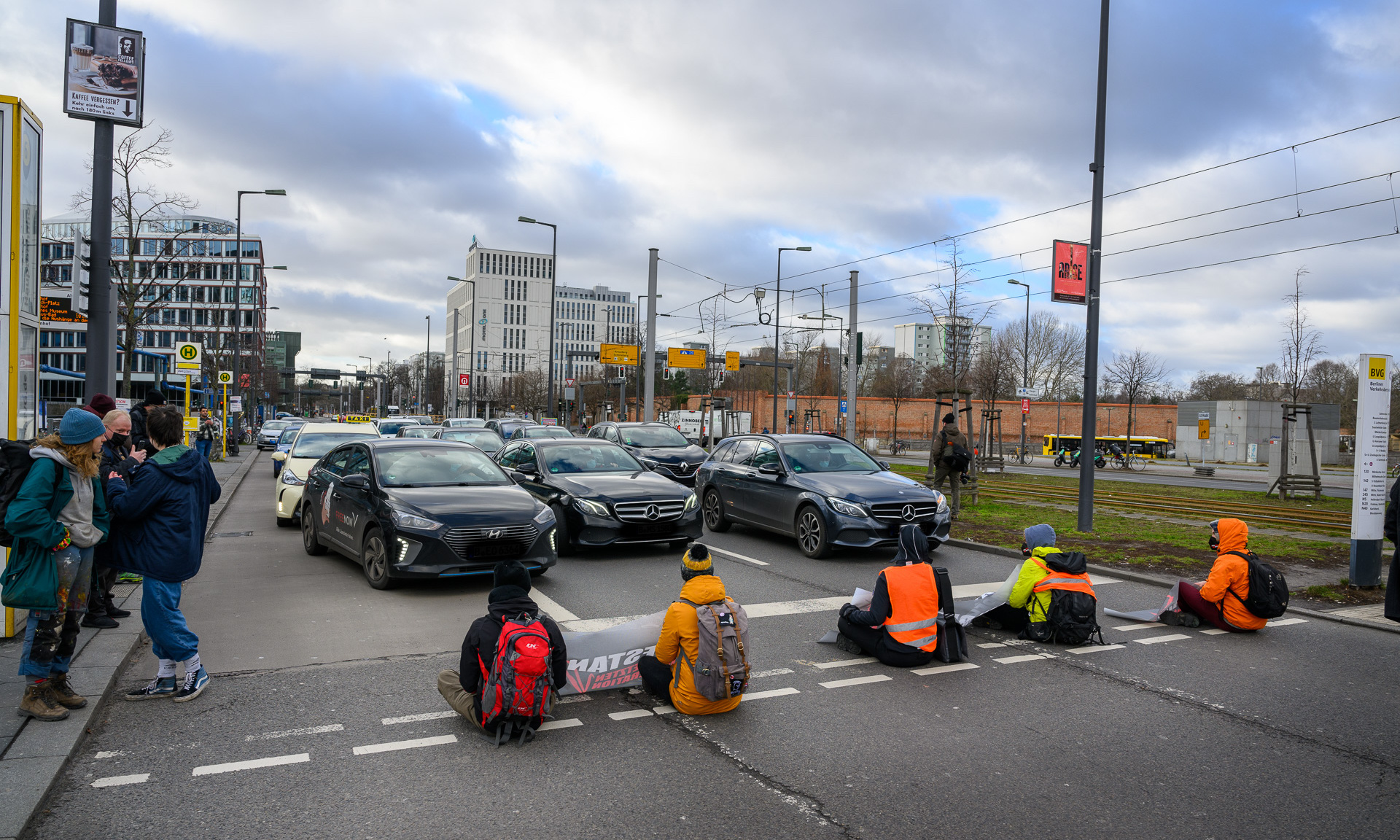
‘Criminalization’ of climate protests in Europe
European governments have reacted to a growing wave of direct-action protests by climate activists with heavy-handed policing, effectively criminalizing such campaigns, seeking to dissolve groups, and imposing restrictions on basic rights, Human Rights Watch charges. “This creates serious risks to environmental activism and civil society as a whole and undercuts vital efforts to address the climate crisis,” the organization found. The press release was issued the same day a record-breaking sentence was handed down in the United Kingdom, with five Just Stop Oil activists given multi-year prison terms in a case concerning a protest action that disrupted the M25 motorway in London. (Photo: Stefan Müller via Wikipedia)



